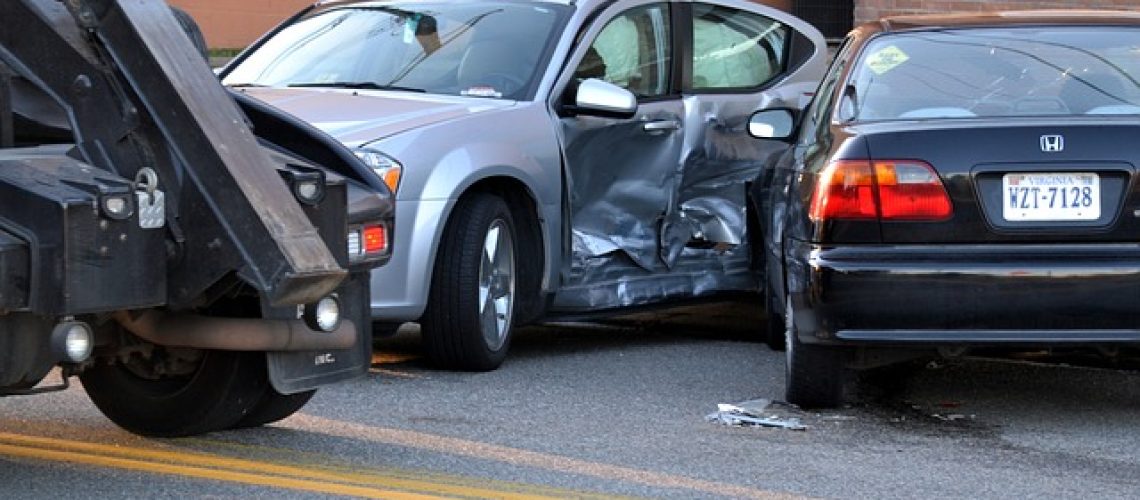People sometimes joke about how we as Canadians seem to apologize even when we have no real reason to apologize.
For example, if two individuals brush shoulders walking past each other on a busy street, or almost collide their shopping carts in a supermarket, it’s not uncommon to hear one or both individuals say, “I’m sorry” – even if they are not to blame for the incident.
Why do we apologize so profusely? Perhaps it is a matter of politeness and courtesy, or our way to simply express regret about the occurrence of a possibly avoidable incident.
Whatever the reason, an expressed apology is proven to reduce conflict and restore relationships between individuals following an accident or unforeseen event. Saying “I’m sorry” is a powerful way to cool overheated emotions that result from accidents.
Legislatures across Canada have recognized the importance of an apology. Several provinces and territories including Ontario and British Columbia have drafted and enacted legislation called an “Apology Act,” which changes the law to make an apology inadmissible as evidence in a lawsuit regarding the matter for which the apology was expressed.
Instead of making a new piece of legislation, Alberta chose to insert a section into the Alberta Evidence Act that has the same effect as the “Apology Act” legislation found elsewhere in Canada.
Section 26.1(2)(a) of the Alberta Evidence Act expressly states that an apology made by or on behalf of a person in connection with any matter does not constitute an express or implied admission of fault or liability by the person in connection with that matter.
Section 26.1(3) states that evidence of an apology made by or on behalf of a person in connection with any matter is not admissible in any court as evidence of the fault or liability of the person in connection with that matter.
This means that if you are involved in a motor vehicle accident, you can say, “I’m sorry” to the other driver involved without having to worry about that apology eventually affecting your lawsuit against that driver.
If you, or perhaps your passenger at the time, apologized in the past following an accident that you ultimately learned was due to the negligence of the other driver, that other driver cannot say that you or the passenger had apologized for the accident, and therefore admitted liability. The other driver cannot use the apology as evidence of anything.
